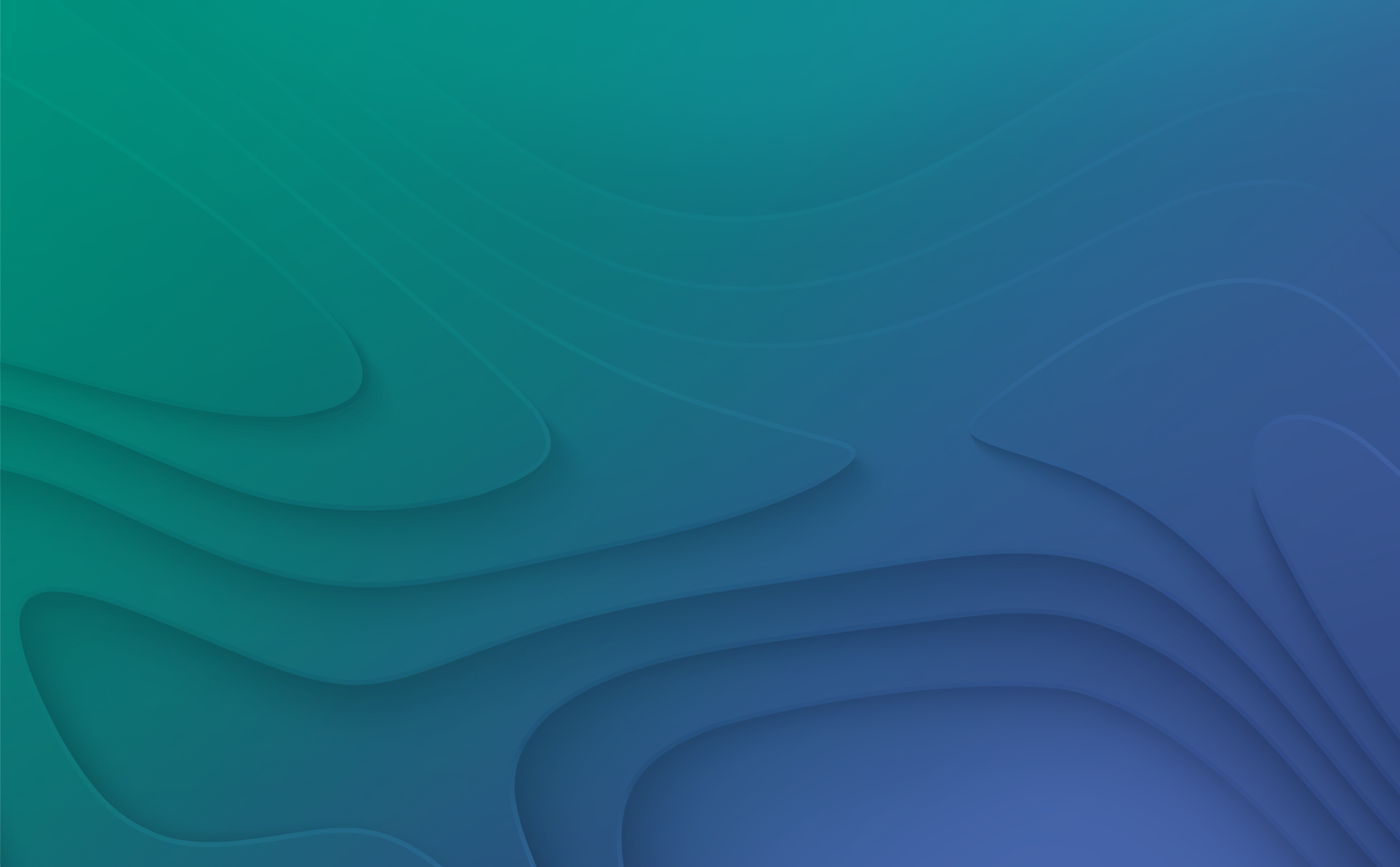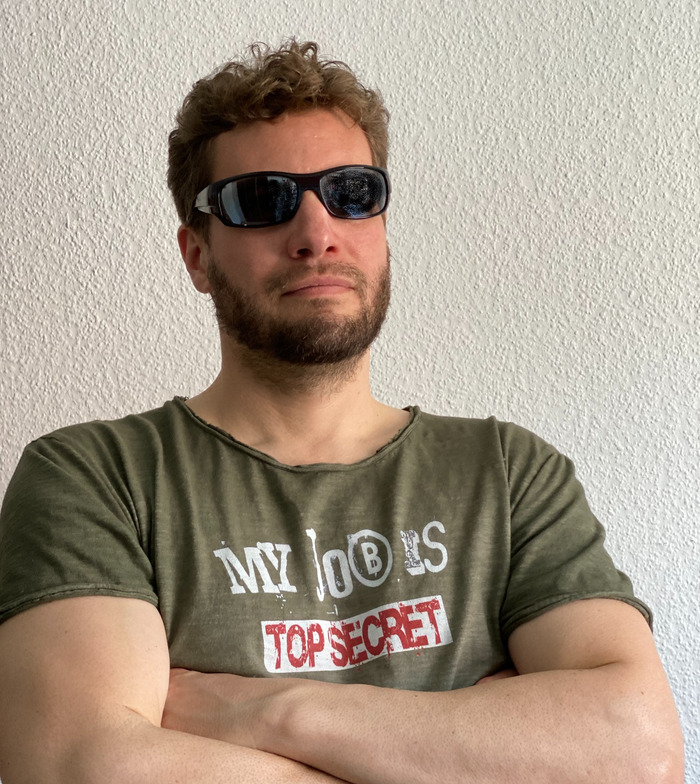Our everyday work
What do scientists actually do during their work?
In order to implement our vision in our daily work, we are active in the areas of "teaching", "research", "science communication" and "administration":
In academic courses we teach students in a way that is comparable to school teaching as everyone knows it. However, we are very demanding in terms of content and try to establish close links with current research (keyword: research-based learning). Our focus is on courses for students in secondary teacher accreditation, especially in the area of didactics and subject didactics as well as educational science. In addition to lectures and seminars, we also conduct examinations and supervise Bachelor's and Master's theses.
Our research always focuses on exciting topics that aim to improve education. The research activities are mostly structured in projects, for which sub-working groups from our department/chair then develop, test and research innovative ideas. We discuss our findings as a team and present them in papers at scientific meetings worldwide. We publish our research results in international journals and in books. We protect special ideas as patents. In addition, the research task also includes reading current professional literature or reviewing works of others (project proposals, journal articles, etc.). Another part of the research activities is the extensive supervision and review of doctoral theses. In addition, we apply for awards and prizes to gain attention and funding for our work. In order to obtain funding for our research projects, we regularly prepare project proposals. With these, we apply for fundings from the European Union (EU), the German Research Foundation (DFG), federal and state ministries, or non-profit foundations. Each year, we receive a total of approximately 500,000 to 1 million euros (earmarked) budget.
Our innovative findings are not only intended to reach scientists and students in secondary teacher accreditation, but we also bring them to the general public. In particular, we want to involve the key stakeholders in the education system (such as institutions, teachers, students, parents) and get in contact with them. This is how our research results reach society. Our student laboratory "MINT in Bewegung” (engl.: “STEM in Motion") is a permanent part of the program.
To be able to realize all this, we need administration. In cooperation with external financiers and central offices of KIT, including human resources management as well as the righteous handling of resources (e.g. purchasing, accounting). The responsibility here lies with the management level, supported by the secretariat. Furthermore, academic self-administration includes participation in university committees as part of our daily routine, for example on interdisciplinary issues such as the teaching profession at KIT, the promotion of girls and women, the recruitment of students, or the fair occupation of positions.

